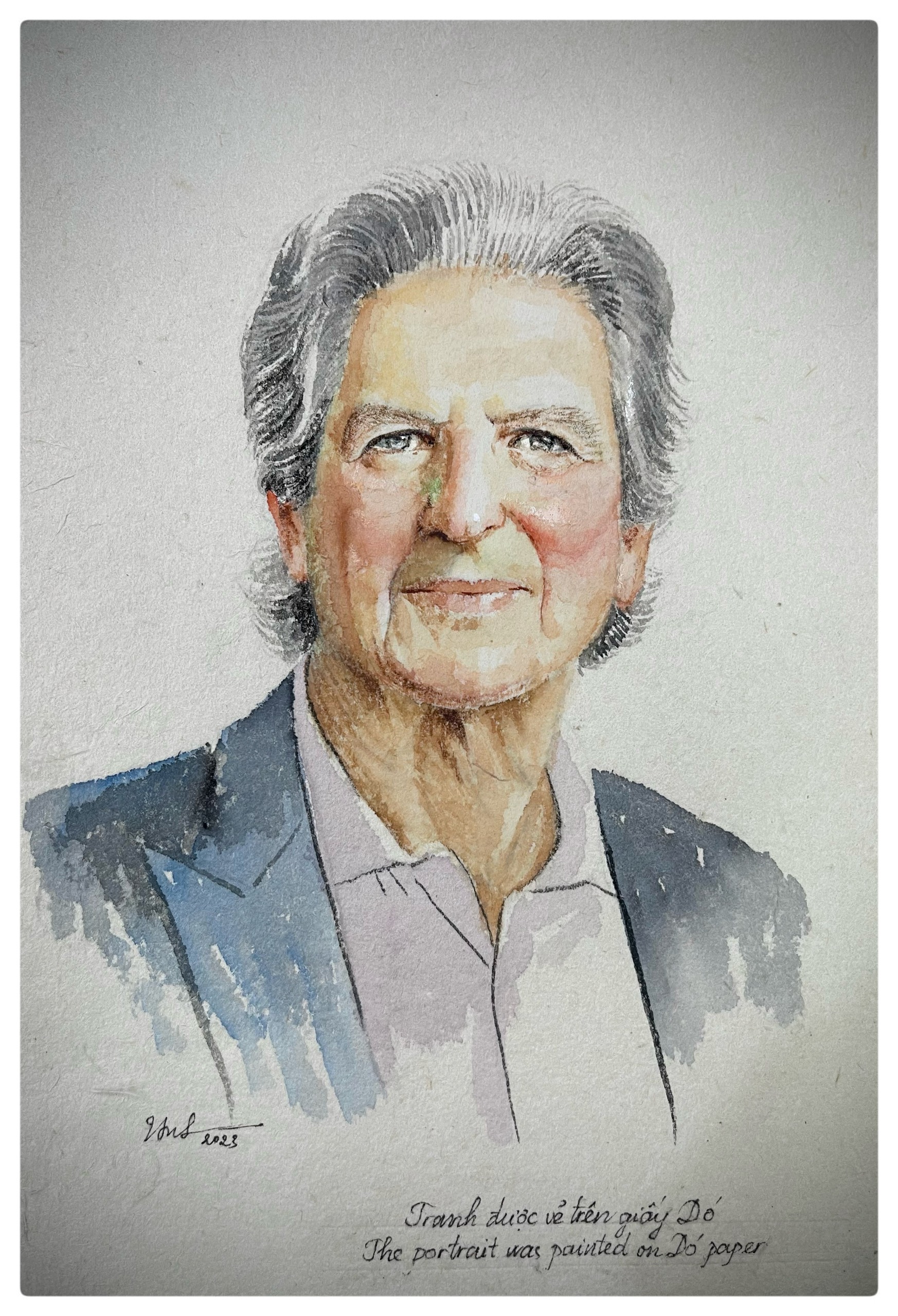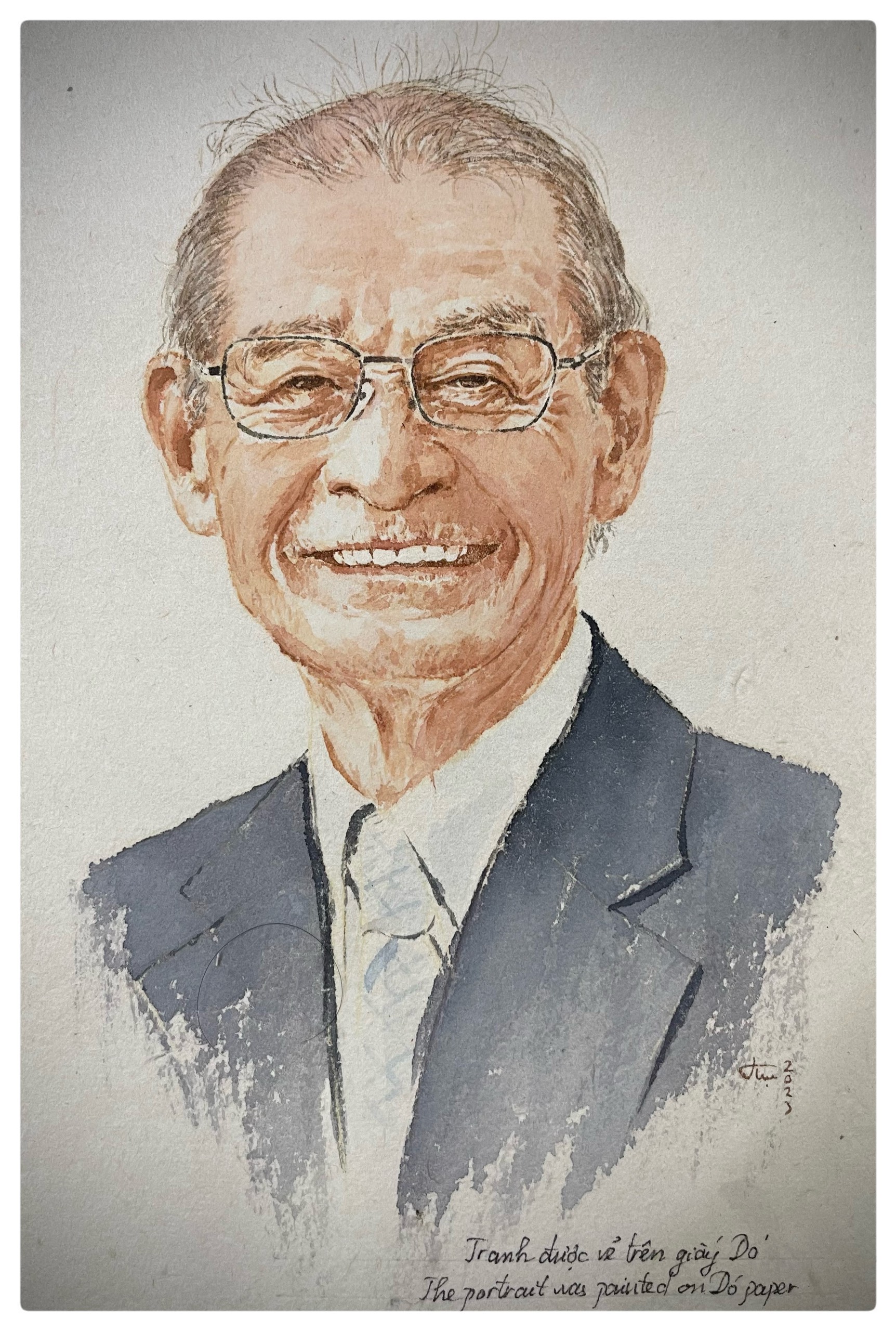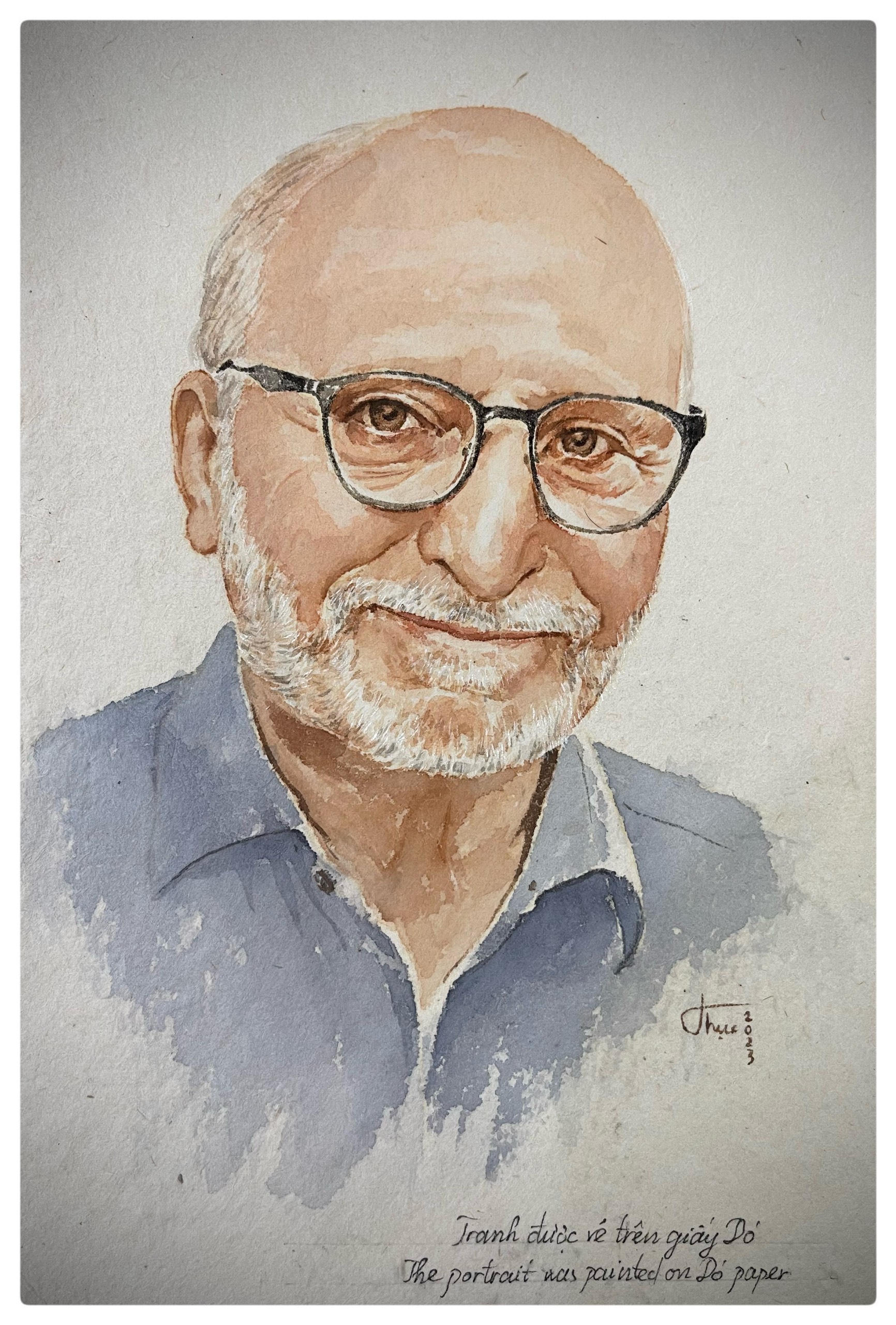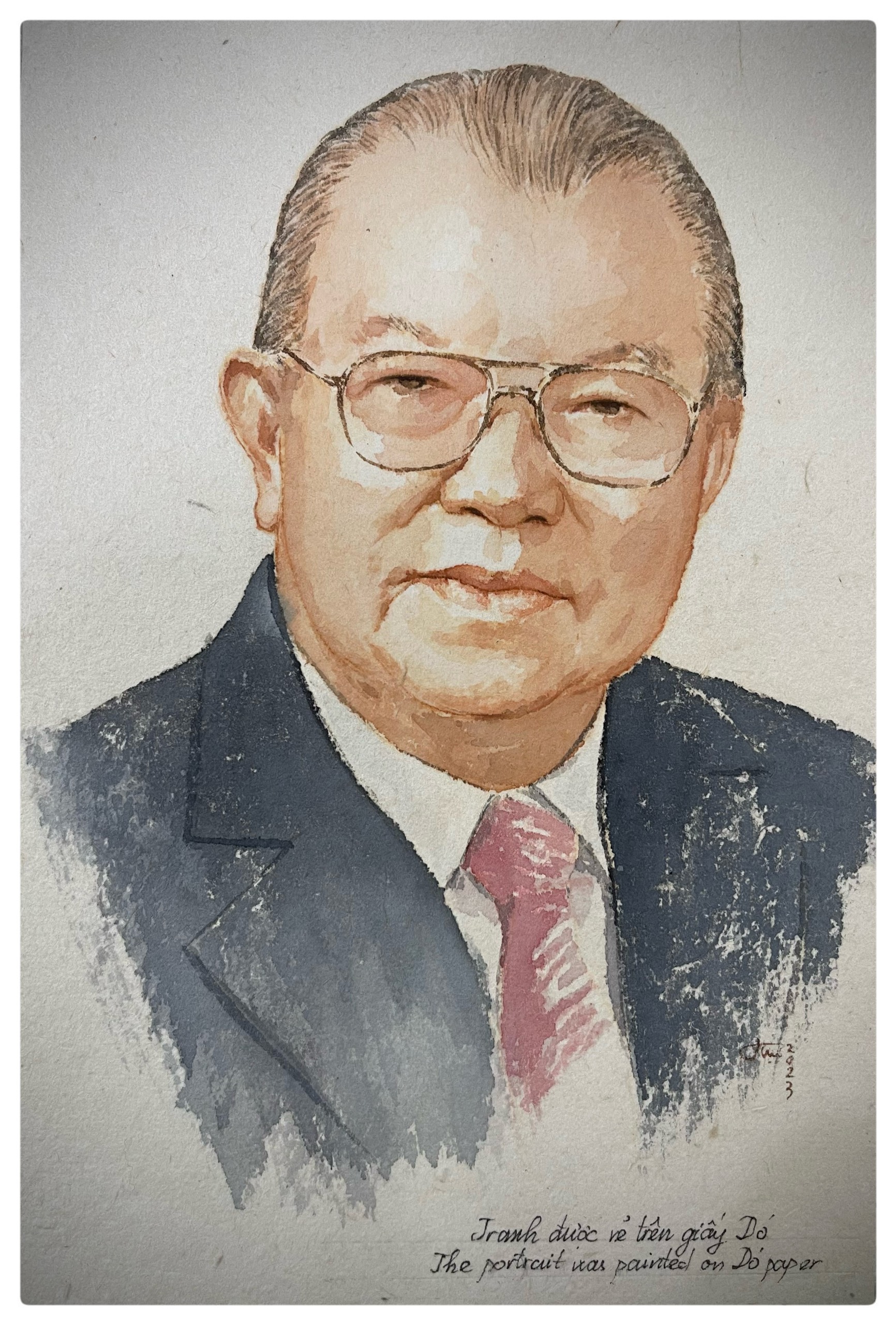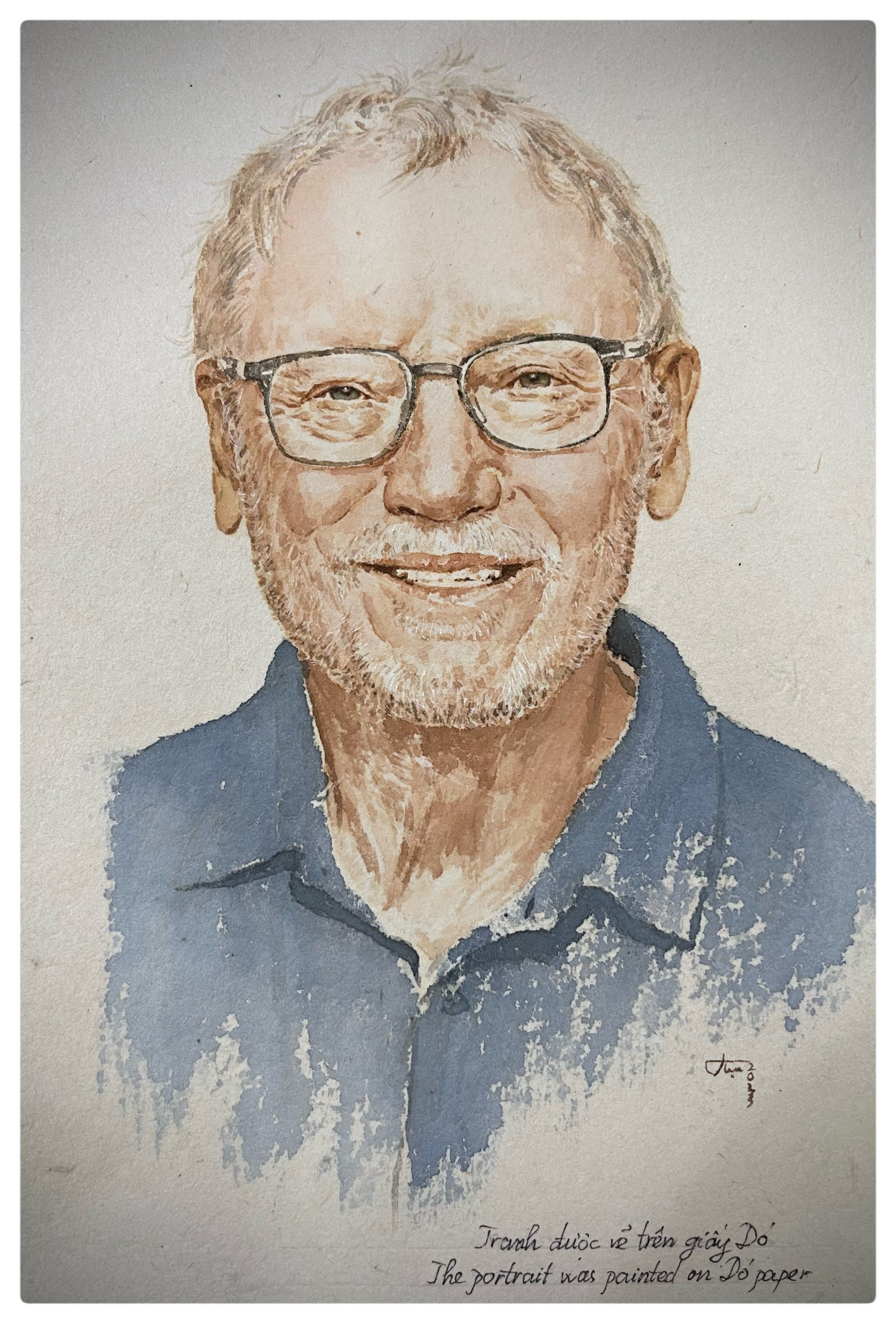AFFILIATION
International Rice Research Institute, Philippines and University of California, Davis, USA
SUMMARY OF WINNING ENTRY
Discovery and implementation of disease-resistant rice
The agricultural revolution was greatly propelled by the efforts of Professor Gurdev Singh Khush and Professor Xuan Vo-Tong in inventing and advancing disease-resistant rice varieties, contributing to the strengthening of global food security. Professor Khush pioneered in the development of many rice varieties, such as IR8, IR36, IR64…, which are resistant to numerous pests and diseases, have short mature time, and yield quality grains. The development of high-yielding rice varieties has revolutionized rice cultivation worldwide, enabling substantial increases in production while reducing costs and minimizing the reliance on harmful chemicals. Among these groundbreaking innovations, IR64, a variety developed by Professor Khush and researchers at the International Rice Research Institute (IRRI), stands out as a remarkable achievement. Its unique combination of intermediate amylose content, soft gel consistency, intermediate gelatinization temperature, translucency, and long slender grains has made it a highly sought-after variety, cultivated in almost all rice-producing countries. Beyond its standalone success, IR64 has also served as a parent strain for thousands of hybrid varieties, demonstrating its versatility and enduring impact on global food security.
SCALE OF IMPACT
By the 1980s, the IR36 rice variety was globally adopted, cultivated on up to 11 million hectares. By 2000, the widespread dissemination of IR36 and other rice varieties significantly boosted rice yields with production increasing by 600 million tons. Besides IR36, IR64 was also widely cultivated in over 10 million hectares within two decades of its release, making a positive impact on millions of lives worldwide. IR64 was first released in the Philippines in 1985, soon followed by releases in Bhutan, Burkina Faso, Cambodia, China, Ecuador, The Gambia, India, Indonesia, Mauritania, Mozambique, Vietnam, and the Sahelian regions of West Africa. By 2018, IR64 and its successive generations were extensively grown in many countries and became the most popular rice varieties in the Asian tropical regions, which exemplified their superior characteristics and exceptional adaptability.
MEANINGFUL CHANGE
Utilizing high-yield disease-resistant rice varieties like IR36 and IR64 not only reduces production costs and increases rice yield but also limits the use of pesticides, promoting sustainable agriculture globally. Additionally, advancements in global rice productivity ensure that access to a stable food supply becomes more equitable and reliable. This discovery has far-reaching impacts with potential effects on the socio-economic structure, environmental conservation, and global health, and plays a significant role in building a safer and more sustainable future for everyone.

